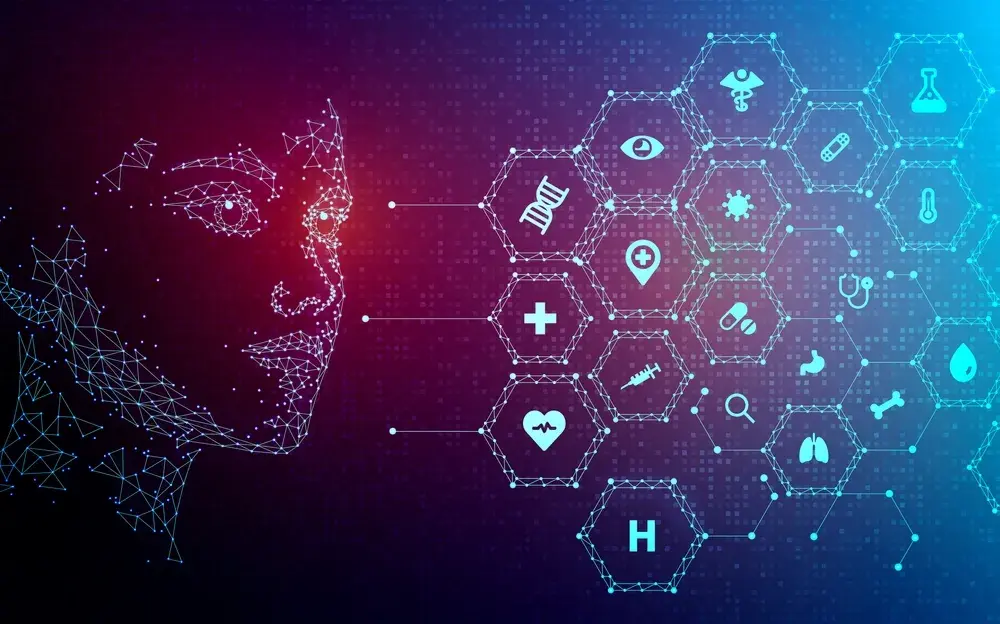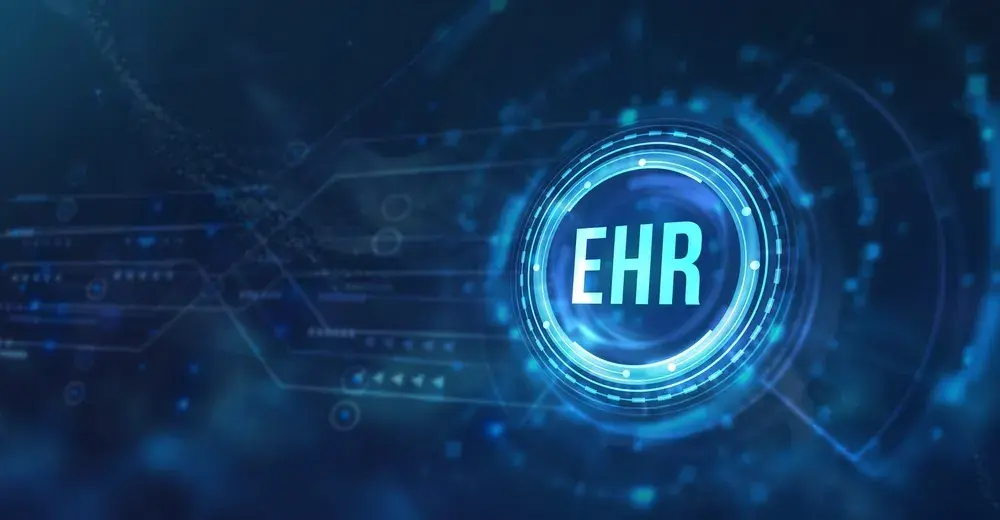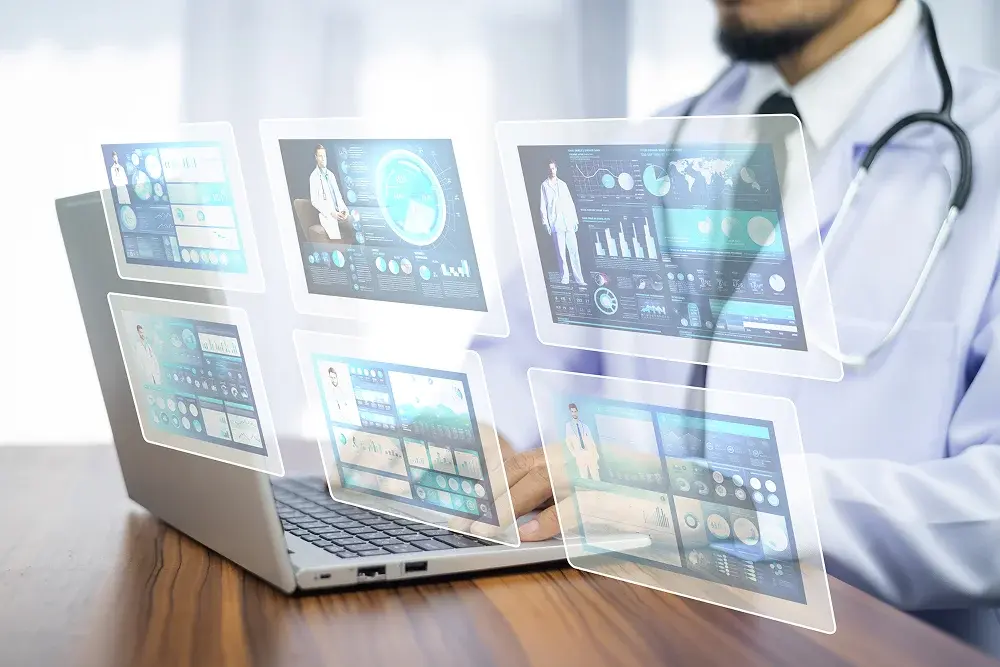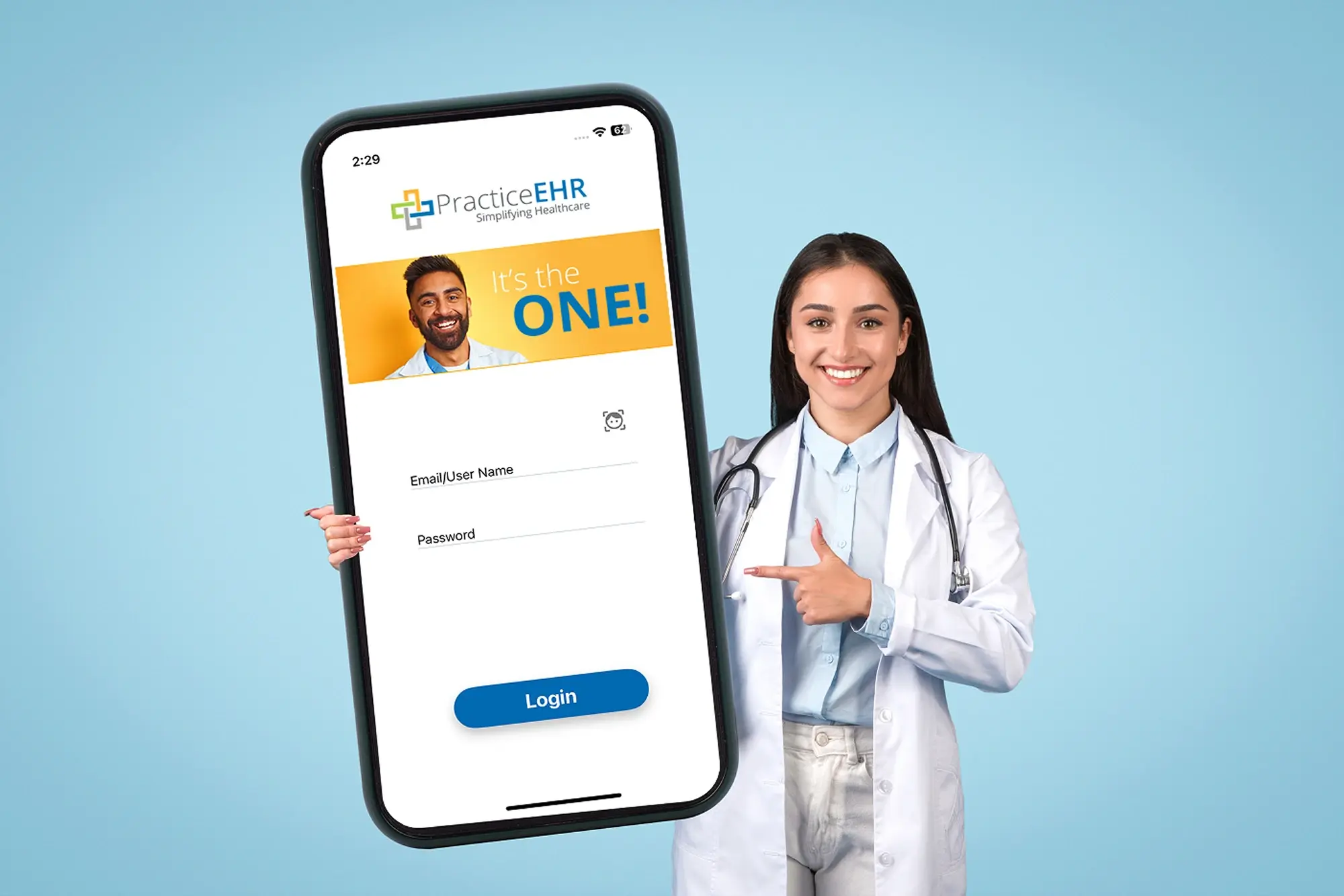According to recent research, healthcare predictive analytics can play an important role in life-saving efforts, as almost 89% of participants acknowledged this.
While practice management is not entirely impossible without an EHR system, it is extremely difficult to manage modern healthcare practices efficiently without one. EHR systems streamline patient data management, improve coordination, and enhance overall operational efficiency, which are crucial for contemporary medical practices.
High-end EHR systems like Practice EHR are not just tools; they are shaping the future of the healthcare sector. By integrating advanced technologies like AI and machine learning, they are improving diagnostics and enabling personalized treatment plans. Emerging trends, such as interoperability and real-time data analytics, are set to revolutionize practice management, making patient data more accessible and actionable. These advancements will lead to more efficient, patient-centered care, ultimately transforming how healthcare providers manage their practices.
Let’s have a look at salient future trends if EHR in detail and see how these are gonna impact Practice Management for practices.

Future Trends in EHR And Its Impact on Practice Management
Interoperability
Interoperability enables different EHR systems to communicate and share data seamlessly, ensuring that patient information is accessible across various healthcare providers and institutions. Some of the best EHR systems, like Practice EHR, have already started offering this feature in their practice management EHR systems.
Interoperability trends will significantly impact practice management by improving the coordination of care and reducing repetitious examinations and processes, which will ultimately ensure that all providers have access to comprehensive patient histories.
Enhanced interoperability also facilitates more efficient referrals to relevant healthcare specialists, ultimately leading to higher quality and more efficient healthcare services. In addition, interoperability supports population health management by aggregating data for analysis, helping practices identify and address broader health trends.
AI and Machine Learning
AI is the future, and this applies to electronic health records and practice management too. Integrating AI and machine learning into EHR systems allows for advanced data analytics, enabling predictive insights and personalized treatment recommendations. For practice management, this means clinicians can utilize data-driven tools to identify potential health risks early, optimize treatment plans, and improve patient outcomes.
Predictive analytics can help practices manage resources more effectively by anticipating patient needs and streamlining workflows. This will enhance the practice’s human resource management as well as help them in budgeting properly ensuring that there is no unnecessary overhead expenditure.
Furthermore, AI can automate routine administrative tasks like paperwork, reducing the workload on healthcare staff and freeing up time for direct patient care, thereby enhancing overall operational efficiency.
Telehealth Integration
This is another feature without which the EHR systems will be incomplete in a few days. Top EHR providers like Practice EHR have already been providing this service to all of their customers, considering how important it is for modern practice management.
As EHR systems increasingly support telehealth functionalities, practices can offer virtual consultations and remote monitoring services. Telehealth integration transforms practice management by making healthcare easily accessible for everyone, especially for patients in remote or underserved areas. It reduces the need for physical visits, thus saving time for both patients and providers. Remote monitoring tools integrated with EHRs enable continuous tracking of patients' health conditions, allowing for timely interventions. This not only improves convenience for patients but also enhances chronic disease management, leading to better long-term health outcomes and more efficient practice operations.
Patient Engagement Tools
Advanced patient portals and mobile apps are being designed to boost patient engagement by providing easy access to health records, appointment scheduling, and direct communication with providers. These tools empower patients to take a more diligent role in their healthcare, leading to improved compliance to treatment plans and higher patient satisfaction.
From a practice management perspective, increased patient engagement can reduce no-show rates for appointments, enhance the accuracy of health records through patient inputs, and streamline administrative processes. And good flow of administrative processes means efficient cost management and effective healthcare delivery.
Blockchain Technology
One of the pretty overlooked trends in EHR is the integration of blockchain technology to elevate Practice Management. Blockchain introduces a decentralized and tamper-proof approach to managing medical records, ensuring data security and integrity. For practice management, this trend enhances the trustworthiness of patient records and compliance with data protection regulations.
Secure and immutable records reduce the risk of data breaches and fraud, fostering patient trust and confidence in the healthcare system. Additionally, blockchain can streamline administrative tasks like verifying patient identities and insurance claims, reducing the time and effort required for these processes.
Voice Recognition
Voice recognition technology in EHR systems enables clinicians to input data using spoken commands, significantly reducing the time required for manual data entry. This trend positively impacts practice management by minimizing documentation errors and alleviating clinician burnout associated with extensive typing and administrative tasks. Faster and more accurate data entry allows healthcare practitioners to allocate more time to patient care, improving both patient and provider satisfaction. Additionally, streamlined documentation processes enhance overall workflow efficiency, enabling practices to handle a higher volume of patients without compromising the quality of care.

Practice EHR - The BEST Choice for Modern Healthcare Practice Management
Practice EHR is the ONE practice management system that not only stays up-to-date with the latest healthcare trends but also pioneers many of them.
As a front-runner in the industry, Practice EHR is integrating advanced technologies like AI and machine learning to provide predictive analytics and personalized treatment plans. Its robust interoperability ensures seamless data sharing across various healthcare systems, while leading-edge telehealth integration and patient engagement tools enhance accessibility and patient involvement.
With our upcoming blockchain technology for secure, tamper-proof records and voice recognition to streamline data entry, Practice EHR will stand out as the most innovative and efficient solution for modern healthcare practices.
Want to know more or would like to have a free trial of Practice EHR services? Visit our website to schedule a demo or contact us at (469) 305-7171
Topics: Patient Care, EHR Solution, Specialty-Specific EHR, digital age, Industry Update, Medical Billing, Medical billing services, RCM, EHR, Technology in Healthcare, Kiosk, EHR Features, ePrescribing
RECENT POSTS



TOPICS
- EHR Solution (164)
- EHR (102)
- Patient Care (95)
- digital age (95)
- Specialty-Specific EHR (88)
- Medical Billing (77)
- Technology in Healthcare (72)
- Industry Update (68)
- EHR Features (60)
- Integrated EHR (59)
- Small Practice (56)
- RCM (52)
- Medical billing services (50)
- New Technology (47)
- Cloud-based EHR (38)
- HIPAA Security (38)
- Practice EHR News (38)
- Healthcare Office Management (37)
- Kiosk (29)
- Telemedicine (29)
- Revenue Cycle Management (21)
- ePrescribing (21)
- EMR (12)
- Practice Management Software (11)
- AI Solutions (10)
- Client Favorites (10)
- Practice Automation (10)
- TeleVisit (10)
- The ONE (10)
- Urgent Care (8)
- MACRA/MIPS (7)
- Patient Portal (7)
- AI Scribing (6)
- Switching to New EHR (6)
- events (6)
- E-Prescribing (5)
- Product Updates (5)
- Insider (4)
- Internal Medicine EHR (4)
- MIPS (4)
- Orthopedics EHR (4)
- Podiatry (4)
- Podiatry EHR (4)
- AI EHR (3)
- AI scanning (3)
- Digital Experiences (3)
- Family Medicine EHR (3)
- HIPAA (3)
- MIPS Reporting (3)
- Regulatory Updates (3)
- Telehealth Platform (3)
- Telehealth Platforms (3)
- Best EHR Software (2)
- Billing for Private Practices (2)
- Chiropractic EHR (2)
- Clearinghouse (2)
- Dermatology EHR (2)
- EHR Scheduling (2)
- EHR for Chiropractors (2)
- Foot and Ankle Care (2)
- Foot and Ankle EHR (2)
- Health records 101 (2)
- Integrated Practice Management (2)
- Medical Credentialing (2)
- Medical Practice Management Software (2)
- Mobile EHR (2)
- Patient Check-in Kiosk (2)
- Psychiatry EHR (2)
- Quality of Patient Care (2)
- Reporting Under MIPS (2)
- Risk and Liability in Medical Settings (2)
- What Works Clearinghouse (2)
- AI-powered Medical Billing (1)
- Bariatric EHR (1)
- Behavioral Health Practices (1)
- Billing Communication (1)
- Cardiology EHR (1)
- Cash Flow (1)
- Data Security (1)
- Dos and Don'ts (1)
- EHR Guides (1)
- EHR Implementation (1)
- EHR KPIs (1)
- EHR Questions to Ask (1)
- EHR for Chronic Illness (1)
- EMR vs EHR Difference (1)
- ENT EHR (1)
- Eligibility Verification in Medical Billing (1)
- Endocrinology EHR (1)
- Family Medicine (1)
- Gastroenterology (1)
- Gastroenterology EHR (1)
- General Surgery EHR (1)
- Geriatrics EHR (1)
- Guides (1)
- Healthcare Compliance Certification (1)
- Healthcare Practice Office Management (1)
- Help Center Videos (1)
- Insurance Reimbursement (1)
- KPI (1)
- Key Performance Indicators (1)
- Lab Processing (1)
- MACRA (1)
- Medical Billing Partner (1)
- Medical Coding Services (1)
- Nephrology EHR (1)
- Neurology EHR (1)
- Pain Management EHR (1)
- Pediatrics EHR (1)
- Physical Therapy EHR (1)
- Practice Cash Flow (1)
- PracticeEHR GO App (1)
- Pulmonology EHR (1)
- Reconsider Your EHR (1)
- Simplify Practice Management (1)
- Staffing in Healthcare (1)
- Switch Medical Billing Providers (1)
- Urgent Care Medical Billing (1)
- Urology EHR (1)
- insurance claim denials (1)







